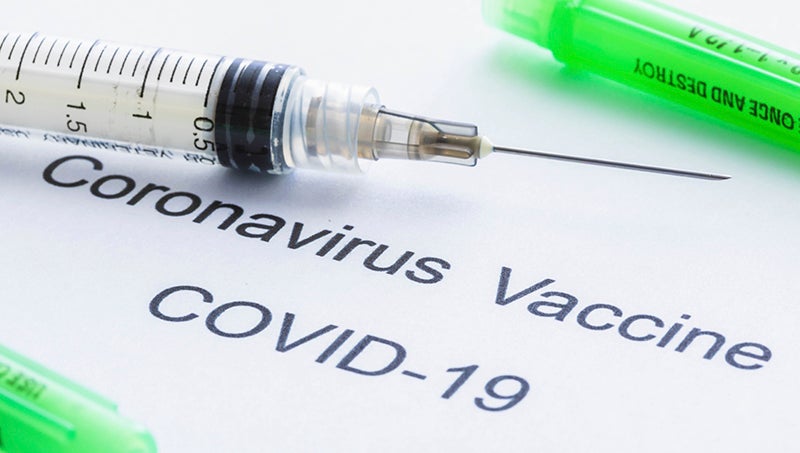N.C. revises vaccine distribution plan
Published 4:20 pm Thursday, December 31, 2020
|
Getting your Trinity Audio player ready...
|
RALEIGH — North Carolina is making substantial changes to its coronavirus vaccine distribution plan, paving the way for all adults 75 years or older to be prioritized under the first phase of distribution.
Mandy Cohen, the state’s top public health official, said in a news conference Wednesday that residents in that age group can expect to get their first dose of a Pfizer or Moderna vaccine as early as next week, even if they don’t have any underlying medical conditions that make them particularly vulnerable.
Most health care providers won’t start offering vaccines to people 75 years or older until the week of Jan. 11, Cohen said.
The announcement comes as North Carolina sees a sharp decline in the number of doses it is getting from President Donald Trump’s administration.
When Pfizer’s vaccine was first made available in North Carolina the week of Dec. 14, the state received nearly 85,000 doses. North Carolina got more than 175,000 doses of Moderna’s vaccine the following week. Now, North Carolina expects to get 60,000 weekly doses of each vaccine through the end of January.
Cohen said the federal government would be better able to explain the decrease, though she believes it is likely the result of manufacturing and production processes that will slowly ramp up.
The limited supply prompted the state on Wednesday to unveil changes to its sweeping 148-page vaccine distribution plan.
Most notably, anyone 75 years or older will now be placed at the top of the list within the so-called “Phase 1b,” regardless of their health status or living situation. The state previously committed to vaccinating all residents with two or more serious underlying health issues beforehand. Prison staff and inmates had also been given greater priority.
The state is now in Phase 1A, which focuses on hospital workers who come into regular contact with COVID-19, health care workers administering the vaccine and staff and residents in long-term care settings.
“Vaccines will be available to everyone, but currently supplies are limited and will continue to be limited for the next few months,” Cohen said.
When adults 75 or older are vaccinated, the state will prioritize health care workers and frontline essential workers 50 years or older, followed by other health care and frontline workers of all ages.
In phase 2, adults between the ages of 65 and 74 will be vaccinated first, even if they don’t have any chronic conditions. Next will be adults with high-risk medical conditions, anyone who is incarcerated and other essential workers, including those in transportation, water, food service, public health, construction, engineering and media.
Phase 3 prioritizes college students and high school students at least 16 years old. Anyone who wants a vaccine can get one under Phase 4, which Cohen expects to occur “well into the spring.”
Some believe the plan remains too complicated and encourages line-jumping.
“I have reservations about putting healthy college students ahead of people in their early 60s who face a 10,000% higher risk of death,” said a statement from Republican Senate leader Phil Berger. “I understand the concern that college students spread the virus, but the whole basis for that concern is they spread the virus to older people who might die. We should vaccinate those older people first.”
Democratic Gov. Roy Cooper stood by the plan and stressed the importance of making sure vaccine distributors follow the prioritization schedules now in place. He and Cohen want the state’s medical board to propose punishments for noncompliance, such as fines and revoking medical licenses.






